
Hear those drums? That’s the sound of a warm Zambian welcome to the 2017 EITI peer-learning workshop for Anglophone and Lusophone Africa!

On 21-23 November 2017, representatives from ten EITI countries in Anglophone and Lusophone Africa took part in three days of peer-learning, sharing experiences and helping each other find what works and what could work better when using the EITI to improve resource governance. Let’s take a look at what they did.
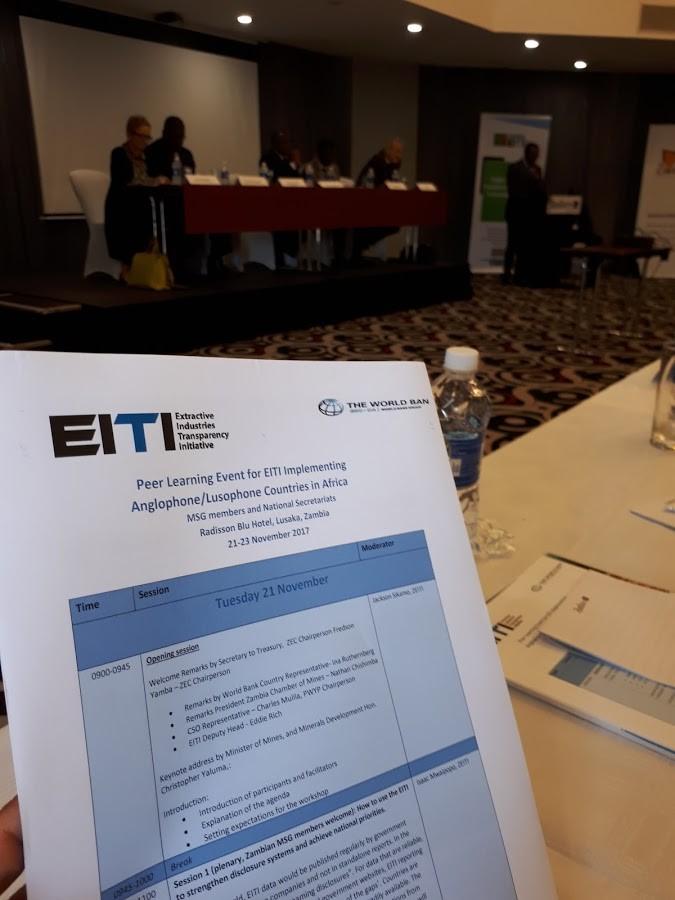
The first day began by focusing on the high-level issues. Participants started off by looking at the progress that Zambia has made to showcase how implementation can be used to address priorities in the sector. After all, what is the point of transparency if it does not lead to things improving? The first day also introduced the red-thread that would run throughout the whole workshop: hardwiring the EITI’s disclosure requirements to strengthen government and company disclosures. The key point? Simple: the more quality information that is provided at the source, the more useful the data becomes and the more time and resources that are left to EITI multi-stakeholder groups to focus on the things that matter such as identifying areas for improvement and following up on recommendations for reforms.
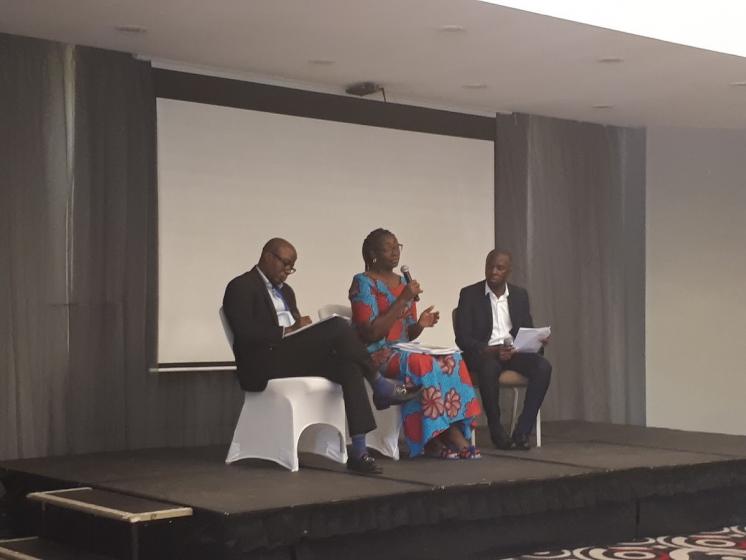
How does one do this? A first step is to identify what disclosures are already regularly disclosed at the source and what opportunities there are for improved disclosure. All participating countries had received in advance the tool for mainstreaming disclosures and were asked to fill them in so they could review them in groups.
There was also time for discussions on how Validation can help countries improve implementation, and participants heard from Liberia, Mozambique and Nigeria on some of the things they wished they had known before Validation began. This was also an opportunity for the International Secretariat to gather countries views on Validation. The day was finished by the International Secretariat sharing some of the tools available to countries, including the guide to implementing the EITI Standard.
The second day was a busy one, focused on diving into the details of EITI implementation. It started off by looking at contracts and licenses, including beneficial ownership. Participants learned from real-life examples from Zambia, and NRGI shared ideas on how to make concrete progress on beneficial ownership disclosure. Discussions were particularly active during the breakout session, when participants had the opportunity to review each other’s beneficial ownership roadmaps.
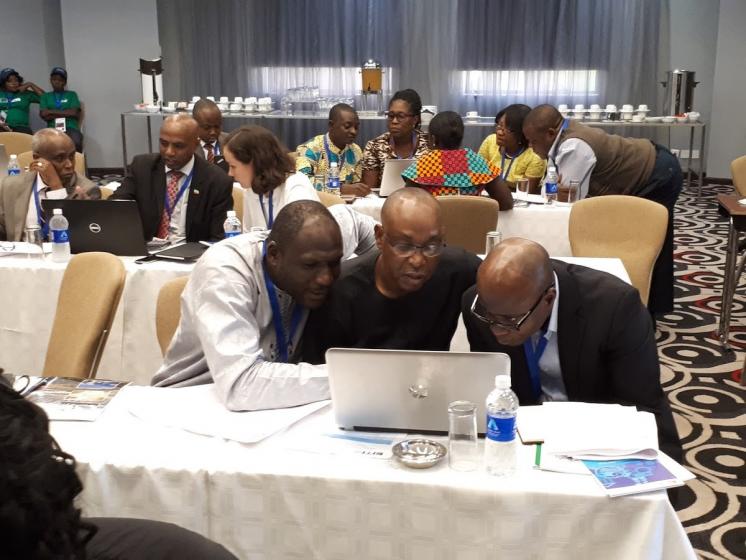
Next on the programme were parallel sessions on three issues of particular relevance for the region: state participation and state-owned enterprises, led by Bash Razak from Ghana; project-level reporting, production and export data, led by Ron Smit of the Zambian Mineral Production Support Project, and data quality assurance and auditing standards, led by Myer Saye from Liberia. There were ample opportunities to exchange strategies on what works and ask questions from colleagues.
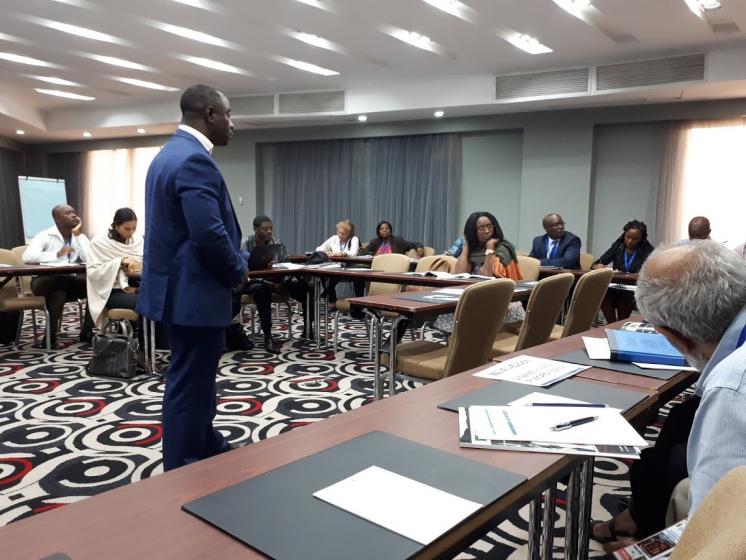
In the afternoon, participants looked at a topical issue in the region: improving the transparency of local content in mining. Colleagues from Engineers Without Borders (Canada) have been doing some work on operationalizing local content reporting, and participants discussed how this kind of information might be covered in the EITI process. This topic is particularly relevant in Zambia, and discussions were led by the Zambian Chamber of Mines.
The second day finished off by looking at sub-national payments and transfers, infrastructure payments and social expenditures. The concept of social licenses and the impact of natural resource extraction on local communities is of particular importance in this region, and participants broke into groups to discuss scenarios looking at how the EITI Standard helps countries explain the different ways in which revenues reach local communities.
The third and final day was focused on “keeping the machinery running”, both within EITI countries and in the international constituencies. The day began by looking at how to ensure that multi-stakeholder groups (MSGs) and constituencies work well both individually and as a group. The real-life scenarios that were discussed in groups led to some challenging discussions! Many countries had participated in consultations on MSG governance organised by the Consensus Building Institute and Michele Ferenz shared some of her initial findings with participants.
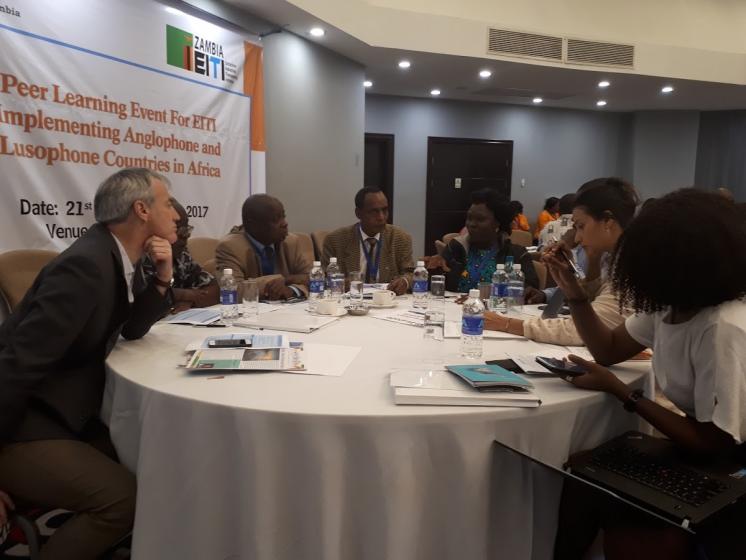
Funding has been a challenge for many countries in the region this year, and the final morning session was an opportunity to discuss funding options and challenges that are generic to implementing countries with World Bank consultant Anwar Ravat. After a presentation on the World Bank-managed EGPS trust fund, participants had an opportunity to share their concerns, experiences and funding outlook for the coming year with the Bank.
After lunch participants broke out into groups again, this time to discuss with their respective constituencies plans for regional coordination and representation. All constituencies are represented on the EITI Board and it is important that there is a fluid exchange of information. The implementing countries have been doing quite a lot of work on this in 2017, so there was something there for all constituencies to learn from.
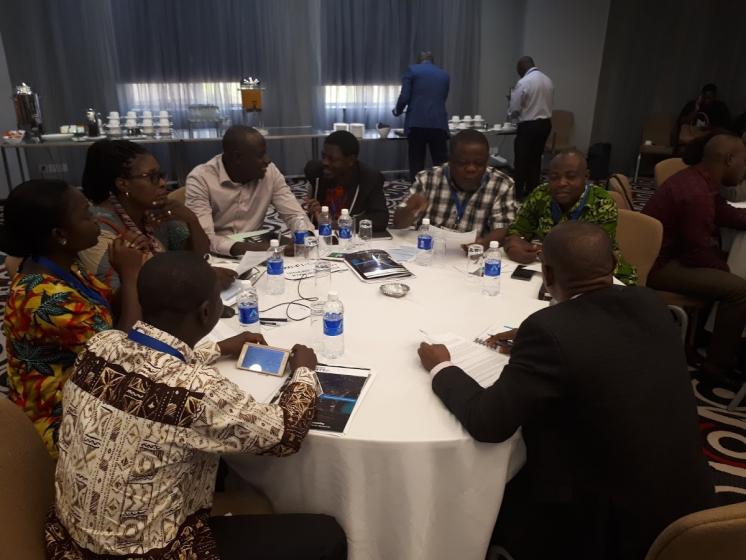
After a tough three days of meetings, it was time to look back at what had been discussed and identify next steps in country groups. All countries left the peer-learning workshop having identified three key actions that they would carry out upon returning to their countries.
The next and final activity was a field trip to one of two locations: the Mining Cadastre and the Zambia Mineral Data Analysis Centre (MIDAC). An excellent finish to a timely peer-learning workshop!
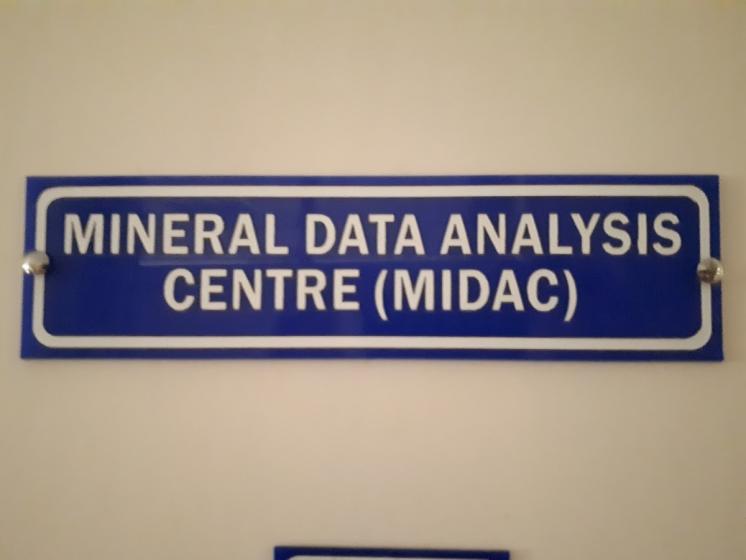
Related content



